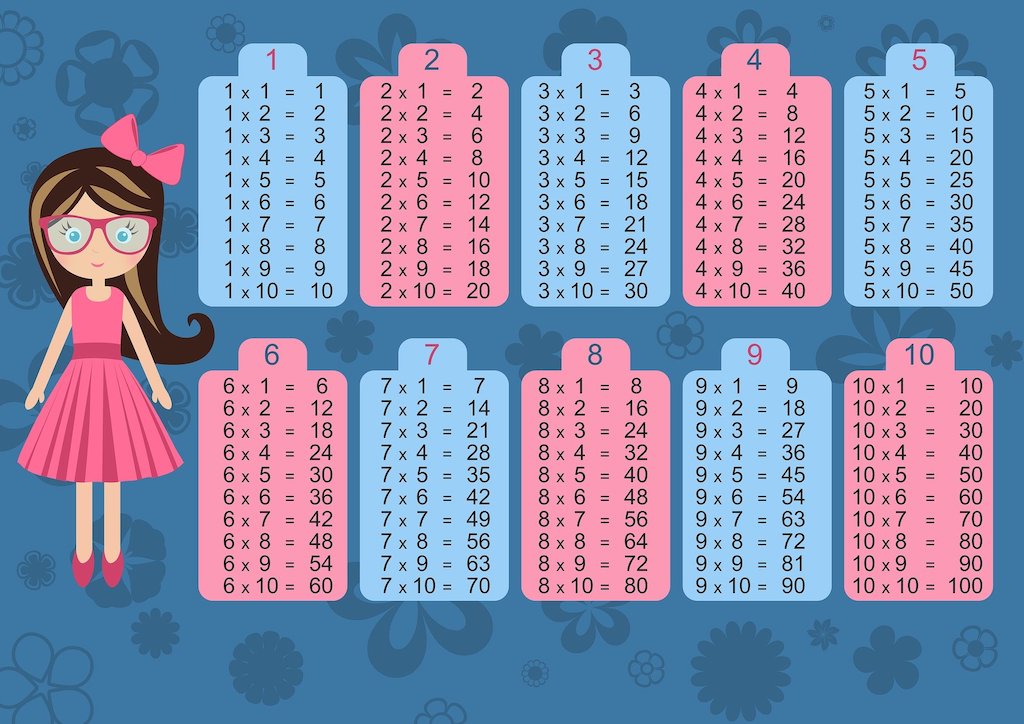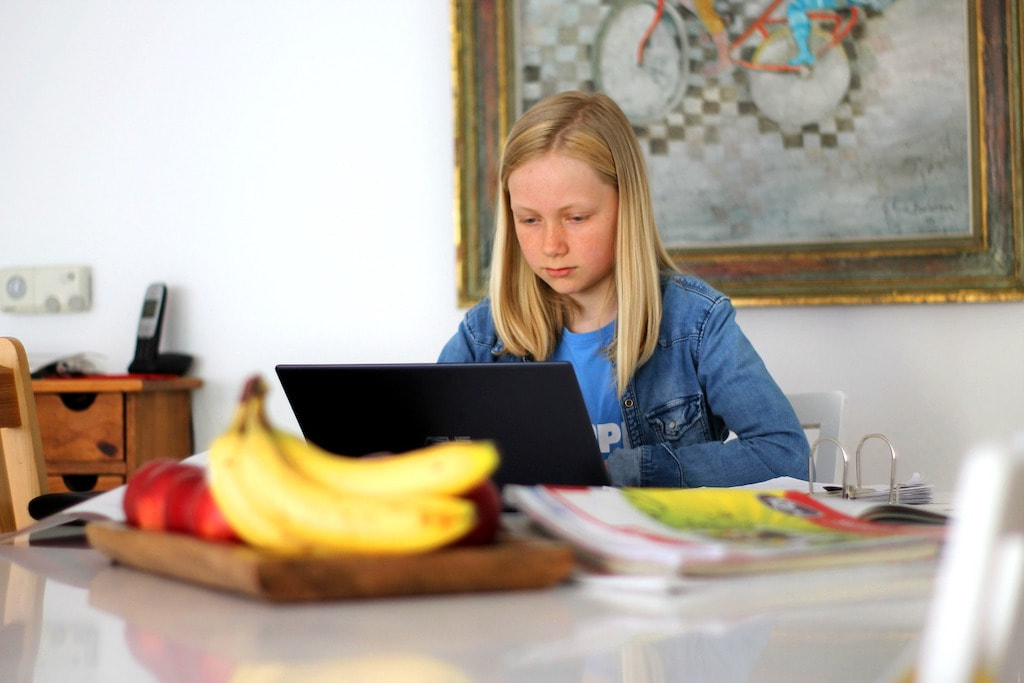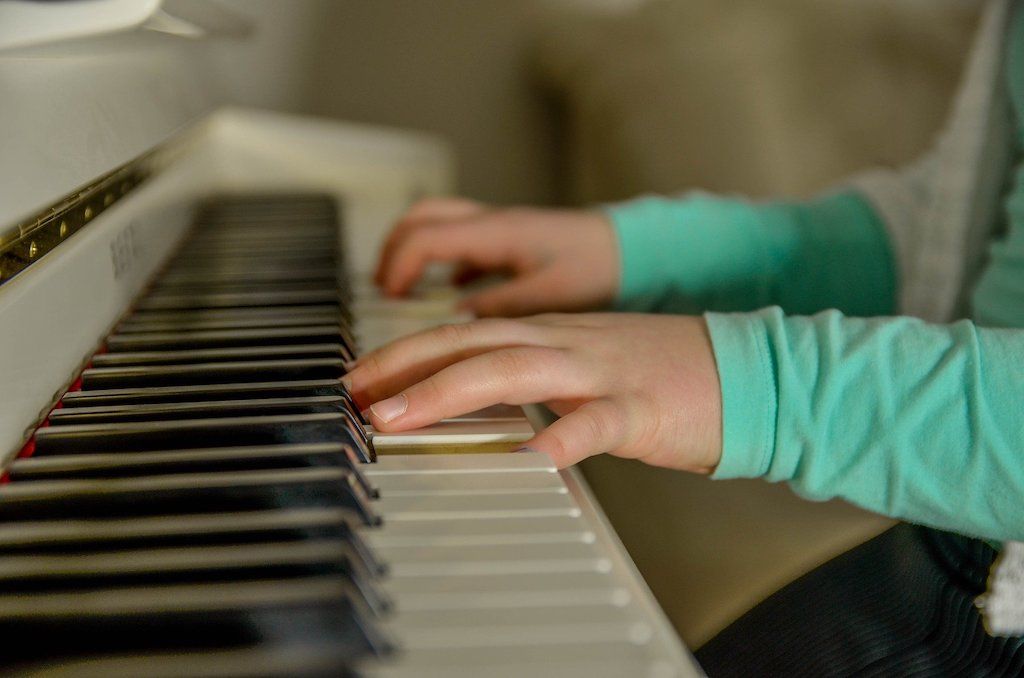|
The ability to do mental math is an important skill for kids to have. What is mental math? The simplest mental math definition is math calculated in your head instead of calculated using a pencil and paper or a calculator.
When we teach our youngest children to memorize that 1+1=2, we’re introducing mental math exercises to them. It comes to some kids more easily than others, but most students can improve their ability to do math in their heads by using some fun mental math strategies for kids. While the skill is helpful in school, it’s important to continue to teach kids how to do mental math so they can do more than just ace a math test. It will help them when they’re spending or saving money or trying to figure out how to evenly divide up cookies between friends. It’s a skill they’ll be able to use well into their adult life. Reader’s Digest points out that mental math activities come in handy when trying to calculate a tip or doing construction and home improvement projects.
0 Comments
Have you ever thought about incorporating inspirational family quotes into your family’s life? They can help you teach your kids something important that you want them to know about your family’s beliefs and values. By using inspirational quotes about family strength and unity, your family’s beliefs and values come across in succinct and memorable ways. As Parents magazine observes, “Sometimes, little words of wisdom can go a long way.”
Have you ever had a family friend tell you the examples of family goals that their family has accomplished, and you think, “How did they find the time to get them done?” It’s easy for families to get caught up in what has to get done regularly. School, homework, chores, sports practice, meals, music lessons, art classes, parents’ jobs, yard work, walking the dog…the list of what needs to be accomplished on an average day could go on and on. How can you accomplish something new as a family?
This is where family goals come in. What are family goals? Family goals go beyond simply wishing your family could accomplish a certain task. They are specific things the family agrees it wants to achieve together that are discussed, written down, and made time for. Examples of family goals include short term goals - those that can be accomplished in a day or a week - and long term goals - those that need a month to a year to accomplish. Both should be included in your family goals planning. Almost all parents and caregivers teach their children to say, “thank you.” They hope it becomes an automatic response from their children when someone gives them a gift, says something nice to them, or helps them. While teaching children to say “thank you” is important, it is not the same as instilling a sense of gratitude in them. Gratitude for kids needs to be taught--and modeled--to turn those “thank yous” into something felt and not simply a mindless, automatic response. There are a variety of tools to help kids with affirmations of gratitude.
Virtual learning, whether a homeschooling family chooses it or an unexpected circumstance such as the COVID-19 pandemic requires it, may seem daunting. At times, parents can struggle to recognize virtual learning benefits, but they do exist. By recognizing these benefits, parents can make their kids’ virtual learning experience more educational and enjoyable.
Parents and caregivers want to help their kids succeed whether they’re regular homes learners or temporary ones, assisting their children who are remote learning because of the COVID-19 pandemic. One thing that’s needed for that success is for home educators to define virtual learning expectations for kids.
When kids know what is expected of them, they can better focus while in their virtual learning spaces. For those who are struggling to know what’s best for their kids, these tips can help create a virtual learning plan that incorporates expectations and much more. Music fills most homes these days. Smart speakers make it convenient to play favorite songs with a verbal command. Even children can request favorite tunes with just a sentence aimed at the right device. But is simply playing favorite music—songs, whole albums, instrumentals, soundtracks from beloved movies and more—enough to gain all the benefits of music for children? Or should music be incorporated in multiple ways in the lives of kids to gain all its benefits?
|










